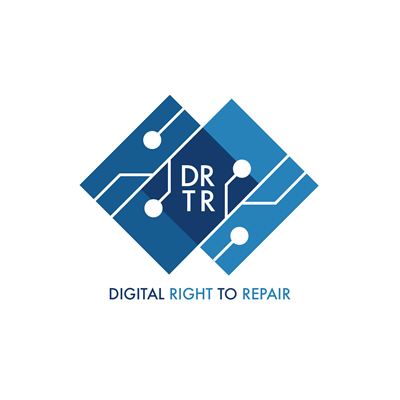Digital Right to Repair Coalition: "We're Watching with Great Interest" the Technology Battle Taking Place in a New Jersey Federal Courtroom

Outcome of Litigation between Avaya and Continuant May Determine the Rights of Technology Users for Decades to Come, Asserts DRTR Leader
STATEMENT by Gay Gordon-Byrne--The Digital Right to Repair Coalition (www.digitalrighttorepair.org)— DRTR—is watching with great interest the fairly quiet but not insignificant technology battle taking place right now in Camden, New Jersey, between telecom “Goliath” Avaya (www.avaya.com) and upstart “David” Continuant (www.continuant.com) over what may well shape the rights of technology equipment users for decades to come.
The trial is being heard before a jury in federal district court.
As our organization sees it, Avaya’s case against Continuant—referred to in court by its earlier name of Telecom Labs, Inc., or TLI/C—puts the burden upon Avaya to convince the jury that they have the right to limit how users can control their purchased item, including how they gain access for repair, or even whether they can prevent Avaya from accessing their machine without their permission, based on the presence of intellectual property (IP).
Avaya has argued that they have invested millions in their IP and so they are justified in asking the customer to buy maintenance and support from them or their Avaya-controlled BusinessPartners exclusively, no matter how expensive the maintenance and support or bad the service. We all know auto manufacturers would like to command “Dealer-only” repair, but consumer resistance and antitrust laws have kept such monopolistic behavior in check. Continuant’s countersuit against Avaya is an antitrust action for a reason: Avaya does not want to allow competition for repair.
What’s at stake, and what concerns us is that the same types of software are routinely included in automobiles to control ABS brakes, engine timing, door locks, and thousands of other functions which currently remain under the control of the buyer.
If Avaya were to prevail, by the same logic, owners of automobiles could lose the ability to open the hood and gaze at the engine. We think, and we hope the jury agrees, that there must be a dividing line between technology hardware and licenses – and that line is at the code that makes the machine operate.
Consumers of anything tech, and anything that might ever use a tech part, should be watching this case and cheering Continuant for their determination in suffering through seven years of toil and enormous expense to get their day in court. We can only hope that the jury is as outraged as we are at the arrogance and presumptions of major vendors, such as Avaya, and that they will render a verdict which supports the rights of owners to control their purchases, even if such purchases include a technology chip.
If Continuant wins—and we believe they will—there will be legal support for other users and their preferred repair and support providers, to prevail in courts and in legislation, to assure all buyers of digital products the same clarity of ownership of low-tech equipment. This includes the right to repair, resell, and modify their purchases without the interference of the original equipment manufacturer.
Gay Gordon-Byrne, Executive Director
Digital Right to Repair Coalition
973-949-5164

